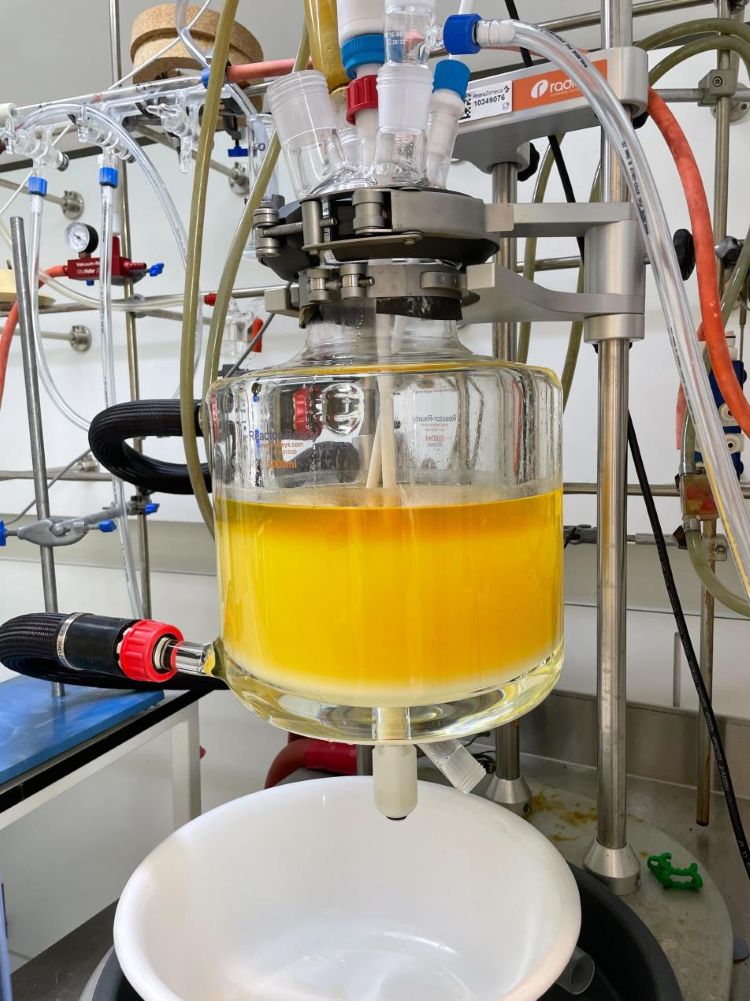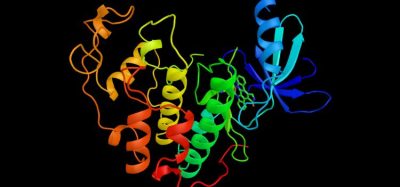Thermally driven chemical reaction shows drug manufacturing promise
Posted: 6 November 2025 | Catherine Eckford (European Pharmaceutical Review) | No comments yet
The “simple” approach for initiating electron transfer reactions could enable synthesis of small molecule drugs, researchers say.


A new, low-cost method using heat instead of complex light or electrochemistry to drive key chemical reactions could speed up large-scale drug manufacturing, according to researchers in the UK.
The study by a team at The University of Manchester, working in collaboration with AstraZeneca, showed that heating together two common, inexpensive chemicals, a type of azo compound and a formate salt, in a standard industrial reactor, can drive a wide range of chemical transformations.
Simplifying industrial scale chemical manufacturing
[The approach] could be easily scaled from milligram to 50g scale, with the anticipation of further applications on kilogram scale and beyond”
“Modern methods for initiation through one-electron reduction are largely dominated by photo- and electrochemistry but the large-scale industrial application of these methods is often hampered by scalability challenges,” according to Lim et al.
Notably, Lead Researcher Dr Michael James, Lecturer in Synthetic Organic Chemistry at The University of Manchester, said that as their approach does not require expensive, specialised equipment, it “could be easily scaled from milligram to 50g scale, with the anticipation of further applications on kilogram scale and beyond.”


Credit: Dr Michael James, The University of Manchester
Lim et al. explained that when performed on a 50g scale, the developed reaction provided one of the desired products, product 4 (4,4′-Azobis(4-cyanovaleric acid) (ACVA)), “in 61 percent isolated yield and >95 percent purity following a simple precipitation and filtration process. This result was particularly pleasing considering the heterogeneous nature of the reaction mixture”.
Moreover, the process led to a “clean reaction profile and lack of side products was notable as azo initiators are known to also react as electrophiles with strong nucleophiles”.
Dr Cristina Trujillo, Lecturer in Computational and Theoretical Chemistry at The University of Manchester, concluded: “Radical chain chemistry underpins so many areas of science and manufacturing, so we hope this simple initiation method will be of wide use across both industry and academia. Beyond large-scale applications, it could also become a valuable tool for researchers studying new chemical reactions.”
The paper was published in Nature Synthesis.
Related topics
Data Analysis, Drug Manufacturing, Industry Insight, Manufacturing, Research & Development (R&D)









